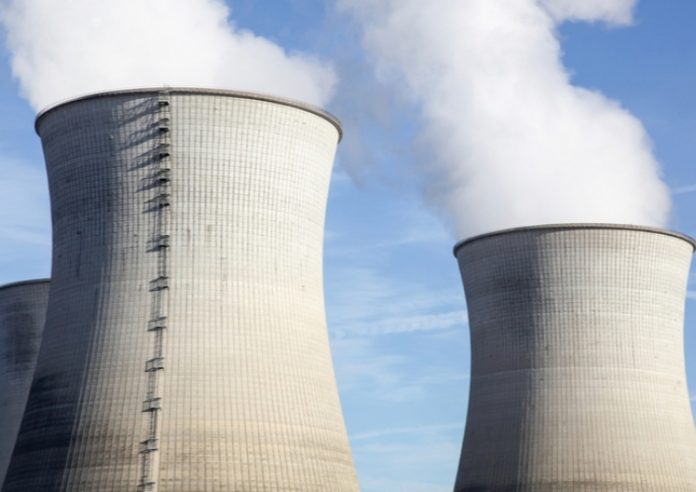Paris’s top energy priorities for 2030 strongly promote nuclear power as a way to divest from fossil fuels, without mentioning the EU’s renewable energy targets, Euractiv reports.
The “draft bill on energy sovereignty”, which could still change before its final presentation in the coming weeks, outlines France’s energy goals for 2030.
The current version of the law does not address the targets set by the EU Renewable Energy Directive adopted last year, which obliges member states to achieve a renewable energy share of 42.5 per cent of final energy consumption, which Brussels calculates would mean at least 44 per cent in France.
Article 1 of the bill even removes the existing renewable electricity targets from the French Energy Code, with no new provisions to transpose the latest EU text.
Asked about non-compliance with EU rules, French officials rejected the notion that Paris was backtracking on its renewable energy commitments. The office of Energy Transition Minister Agnès Pannier-Runacher on Monday (8 January) said:
“Reaching an objective and defining a target are two different things.”
One official said it was “strictly untrue to say that we have no renewable energy target in this text”. He added:
“The draft bill mentions renewable energies and gives them a crucial role, that of a keystone: Once we have laid all the foundations of the existing sectors [nuclear, etc.], renewables provide the last mile.”
The energy-climate strategy includes targets for renewable electricity generation by 2030 and 2035, which will be included in France’s Multiannual Energy Programme (MEP).
However, according to environmental lawyer Arnaud Gossem, such an argument is “flimsy” because the MEP is a regulatory document that has a “legal value inferior to a law”. In fact, the Energy Code stipulates that targets for the development of renewable energy production and consumption must be enshrined in law.
The lawyer believes that another reason is that the Multiannual Energy Programme should reflect the priorities defined in the law. Gossement noted:
“If the law no longer includes quantified targets for the development of electrical renewable energy, it will be difficult for the MEP to consider this development as a priority.”
